The second season of Squid Game might as well win an imaginary award for the most anticipated South Korean show of all time. From the moment it premiered on Netflix, Squid Game quickly joined the ranks of South Korea’s most globally recognized exports — alongside BTS, PSY, and Parasite.
Its widespread popularity is also incredibly well-deserved: the show is truly one of a kind. With its unique premise critiquing an increasingly capitalist and hierarchical society, it struck a chord with audiences worldwide. Now that season 2 has finally arrived on Netflix, we’ve been introduced to a slew of new characters, including Player 120 — the first trans character on the show, and possibly one of the first trans characters in mainstream South Korean entertainment. But this raises the question: Is the actor playing Player 120 actually trans?
Is the actor playing Player 120 actually trans?

No, Park Sung-hoon, the actor portraying Hyun-Ju (Player 120), is not transgender. However, this casting choice is not solely about opting for cisgender actors over transgender ones — it also reflects the scarcity of trans actors in South Korea. Unlike the United States, where diversity among emerging actors is more commonly fostered, South Korea’s entertainment industry does not prioritize such representation.
Openly gay or queer actors are rare in South Korea — a fact that TVGuide appropriately labeled as “heartbreaking,” and a sentiment that we share. A quick Google search reveals only a handful of openly queer celebrities in the industry, including Hong Seok-cheon, a celebrity chef and variety show host; Holland, the first openly gay K-pop idol; and Harisu, a transgender singer and actress. This highlights a stark contrast: while South Korea is a leader in technological advancement, its progress in human rights and societal acceptance of LGBTQ+ individuals remains very limited.
Squid Game‘s popularity, however, might just spark the conversations and awareness needed for South Korean society to evolve and start normalizing diversity.
While Park Sung-hoon is a cisgender man, his character, Hyun-Ju, is competing in the game to pay for her gender-affirming surgery — a topic that, dare we say, has rarely been explored in the Asian country’s mainstream media, especially in a global phenomenon as massive as Squid Game. As of early December, Variety reported the first season of Squid Game had drawn an astounding 330 million viewers on Netflix, and it’s almost certain that season two will replicate, if not surpass, those numbers.
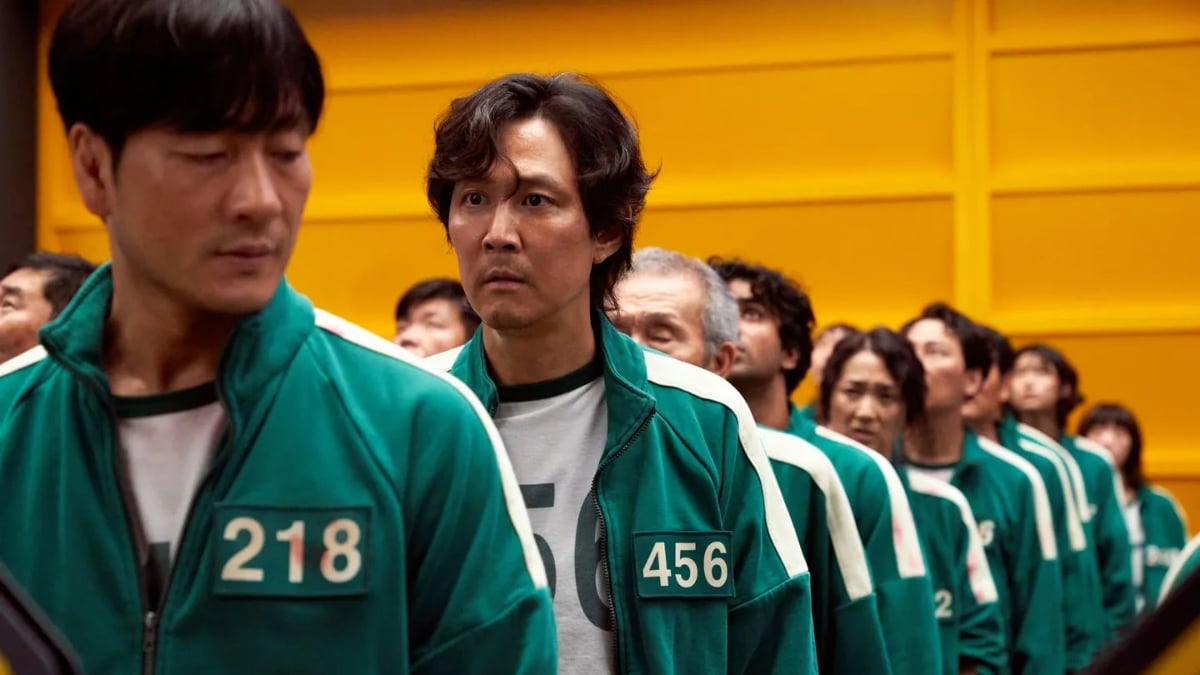
To our surprise, South Korea remains a surprisingly conservative country, especially compared to some of its neighboring East and Southeast Asian nations. Same-sex marriage, for instance, is still neither legalized nor recognized under South Korean law. In contrast, Taiwan and Thailand have emerged as leaders in the production of queer media. Thailand, in particular, has long been a source of some of the most popular BL (Boys’ Love) and GL (Girls’ Love) dramas, while South Korea only began producing BL series in 2020 with the release of Where Your Eyes Linger. Even so, these shows typically do not air on major TV channels or during prime-time hours, for obvious reasons.
LGBTQ+ rights are not the only area where South Korea lags behind. The status of women’s rights in the country is another clear indicator of the significant progress still needed in advancing human rights. That said, Squid Game is making strides in the right direction with Hyun-Ju’s character. It’s a small but meaningful step toward broader representation in South Korean media and beyond.



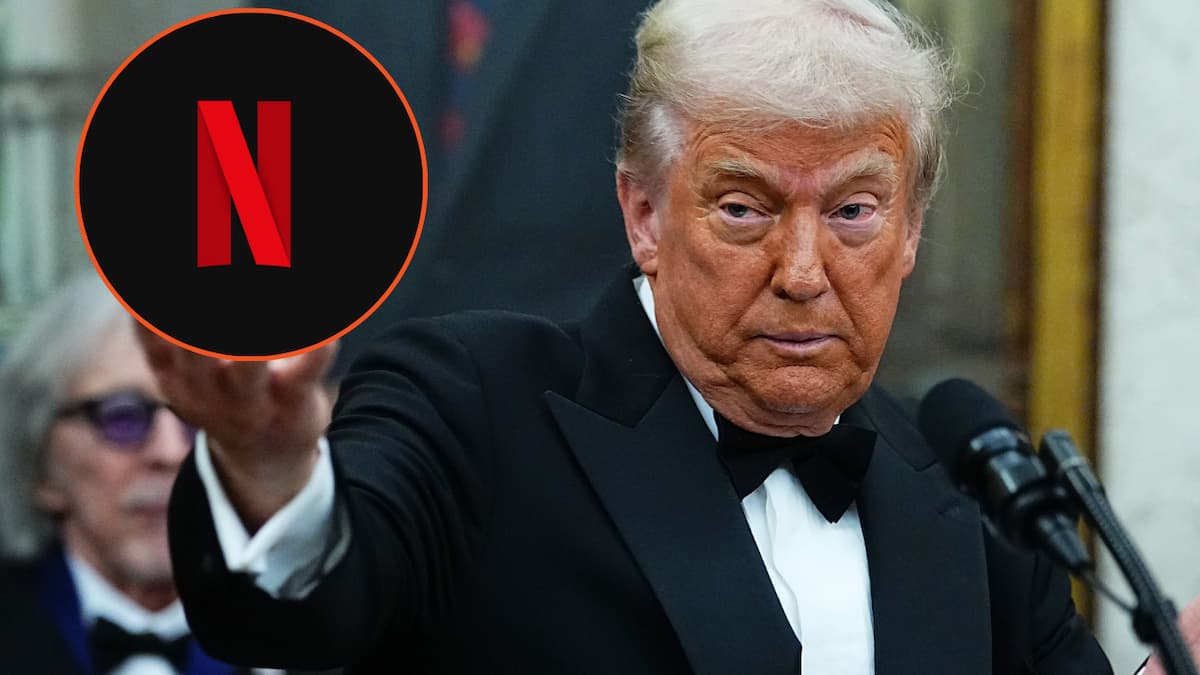

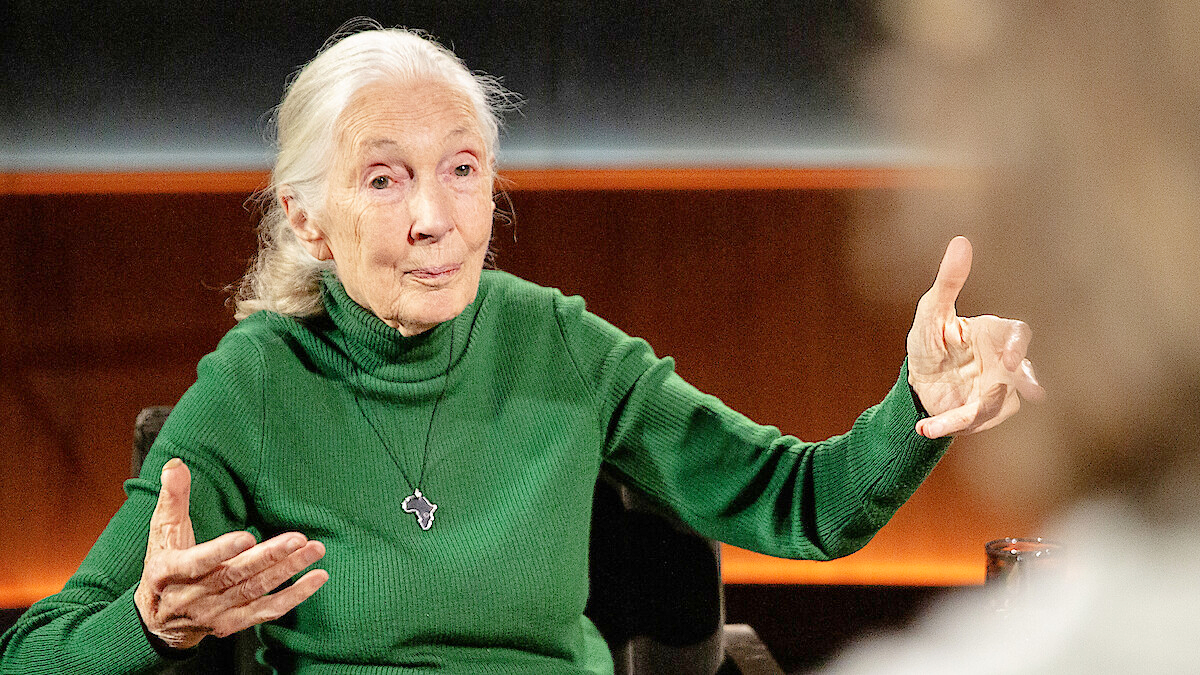

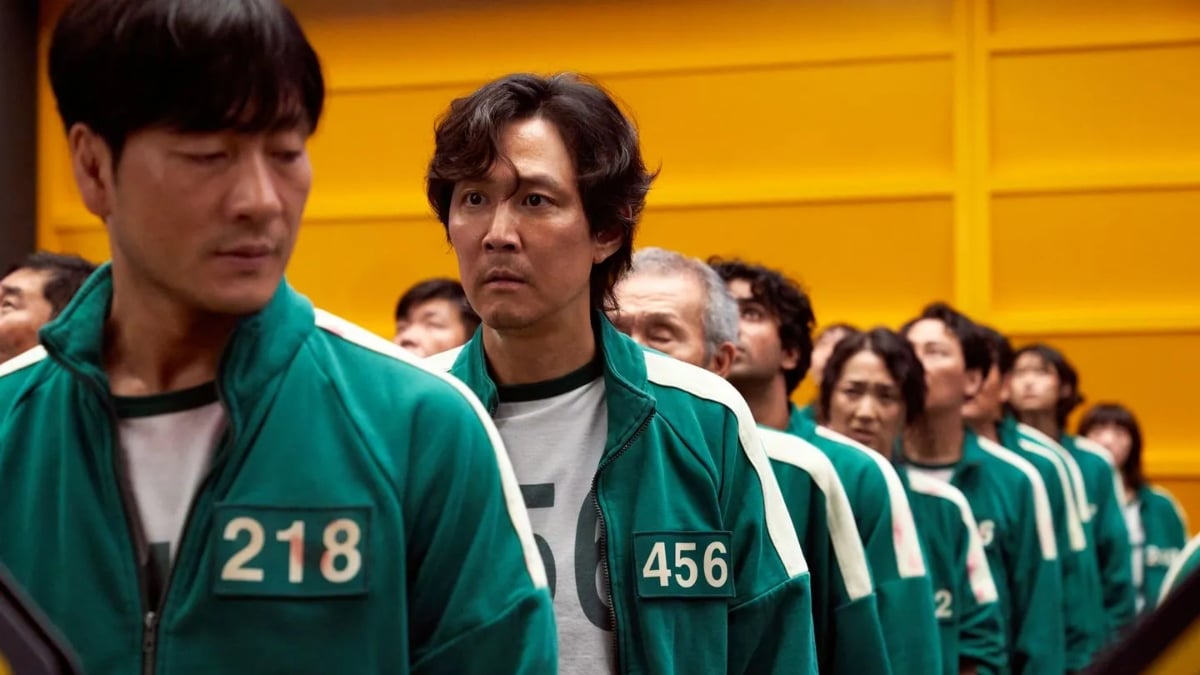

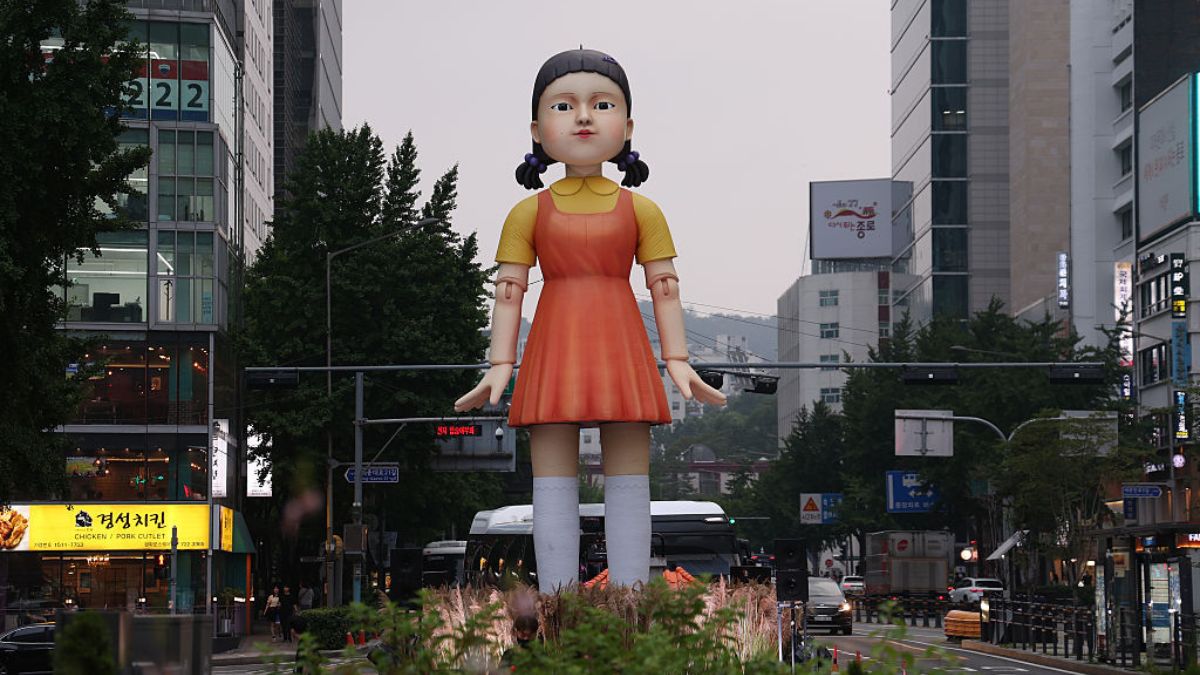

Published: Dec 27, 2024 10:44 am